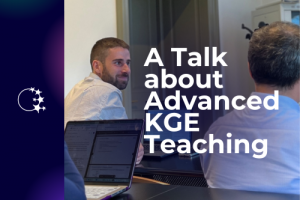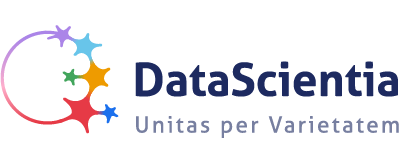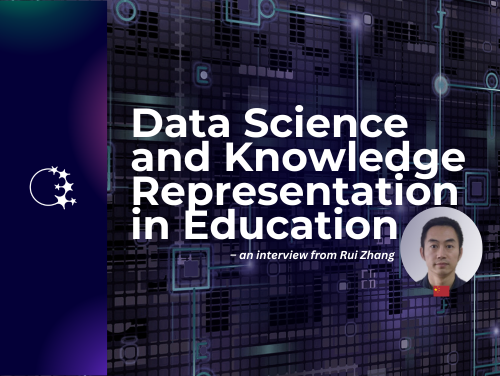
Interview: Data Science and Knowledge Representation in Education
- Posted by Tetiana Bihun
- Categories News
- Date January 14, 2025
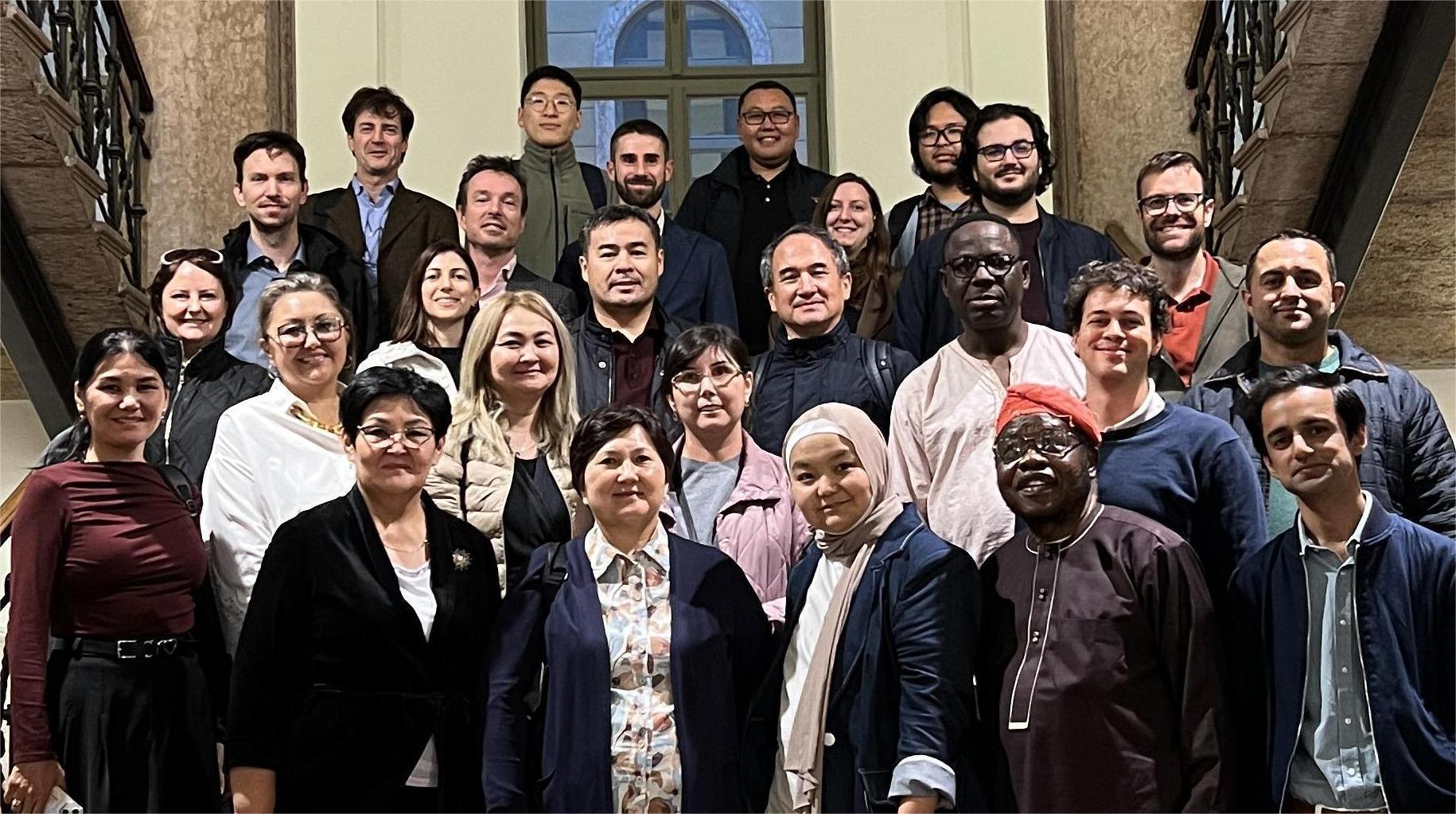
The DataScientia Community brings together scholars and experts from around the world, bridging continents and cultures. Through partnerships with numerous universities and collaboration with forward-thinking professionals across various technologies, we work to promote the advancement of human-centric AI.
As part of our effort to showcase the people behind our mission, we’ve launched a series of interviews with our members to explore their professional journeys, motivations, and involvement in DataScientia initiatives. Today, we turn the spotlight on Rui Zhang from China.
Rui Zhang is a professor and an expert in graph neural networks, data integration, and knowledge representation. In this interview, Rui shares insights into his academic background, his perspective on the mission of DataScientia, and what draws him to our community. He also reflects on the personal and professional value he’s gained through his involvement. In addition, Rui dives into his passion for Knowledge Graphs (KGs), offering a glimpse into the fascinating projects he has undertaken in this field.
We invite you to read on and discover Rui’s journey, his work, and the spirit of collaboration that defines the DataScientia Community.

-
Tetiana: Hello, Rui. It’s wonderful to finally connect. I’d love to hear a bit more about your academic background and what drives your current research focus.
- Rui: Of course! I’m from Jilin University, China. My research journey started in 2005 during my PhD, where I worked with Fausto on description logic. Currently, I focus on graph neural networks, knowledge representation, and data integration, leveraging machine learning and deep learning techniques. Data is the foundation of all these models, and it remains at the core of my work. Alongside research, I collaborate with Fausto and others on both academic projects and teaching initiatives.
-
Tetiana: What are your thoughts on the recent Data Scientia event and its objectives?
- Rui: The event was inspiring, and I think our collaboration through Data Scientia has tremendous potential. We’re working on research, building strong teaching partnerships, and fostering a global academic community. It’s especially exciting to see African universities joining the initiative, as it shows our efforts are expanding worldwide. I’m confident this project will achieve great success.
-
Tetiana: Reflecting on the Data Scientia event, what part did you find most rewarding?
- Rui: Simone’s session left the biggest impression on me. He summarized years of teaching and introduced partnerships with international collaborators, including new partners from India and Mongolia. It’s inspiring to see the evolution of these global teaching and research collaborations.
-
Tetiana: Did this event lead to new ideas or opportunities for collaboration with other countries or institutions?
- Rui: Absolutely. Events like this are great for building partnerships. Simone is leading a course on knowledge graph embedding, and more universities, including those from Mongolia, Uganda, and Canada, are showing interest. On the research side, Fausto is leading a promising project we’re drafting, and we aim to complete it by the end of the year. It’s ambitious, but I’m optimistic about its success.
-
Tetiana: Your expertise lies in knowledge graphs. How did your interest in this field begin?
- Rui: My journey with knowledge graphs began during my PhD in description logic, leading to a focus on data and knowledge representation. After returning to Jilin University as a professor, I specialized in graph-based knowledge representation, particularly in integration and evolution. We aim to build a data science hub for educational data. Knowledge graphs, as a key web data format, are crucial for organizing and mining academic data and driving research and innovation.
-
Tetiana: Among all the projects you’ve worked on, which one has been the most interesting?
- Rui: One of the most fascinating projects I’m currently involved in focuses on academic social networks, which are a type of knowledge graph. We’re analyzing patterns within these networks to predict future talent in various fields. By identifying growth trajectories, we hope to forecast who might become leading researchers or professors in the future. It’s an exciting blend of data mining and forecasting, and it’s incredibly rewarding.
-
Tetiana: How would you explain knowledge graphs to people unfamiliar with them?
Rui: I’ve never really thought about it this way before, but if I were explaining it to my young daughter, who has no background in research, I’d say a knowledge graph is just data that’s all around us, like the air. If you take data seriously, it’s a graph. For example, your connections with friends form a graph in a social network. A knowledge graph represents those relationships. I try to keep it simple so people don’t feel overwhelmed, even if they’re new to the concept.
- Tetiana: That’s a fantastic metaphor. Thank you so much for sharing your insights, Rui.
It was a pleasure speaking with you. - Rui: Thank you, Tetiana. It was a fruitful discussion, and I hope my thoughts inspire others to explore this fascinating field.
We hope you enjoyed this glimpse into Rui Zhang’s work and perspective. Stay tuned for more interviews as we continue to introduce the diverse voices shaping the DataScientia Community!
Keywords: graph neural networks, knowledge representation, complex data, AI, machine learning, knowledge graphs, data relationships, large datasets, global collaborations, Data Scientia, data sharing, data visualization, interrelated data.

────────────────
Tetiana Bihun
Author, Content Creator
Tag:LiveData, LiveKnowledge
You may also like
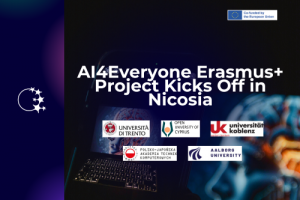
AI4Everyone Erasmus+ Project Kicks Off in Nicosia
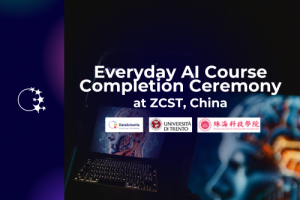
Everyday AI Course Completion Ceremony Held in Zhuhai, China
